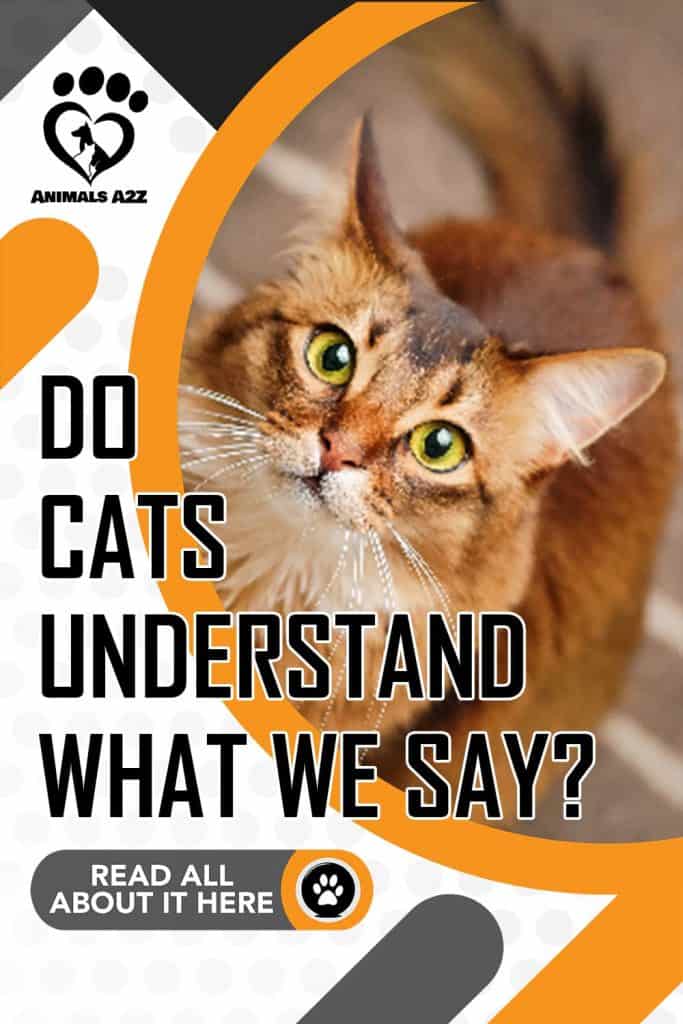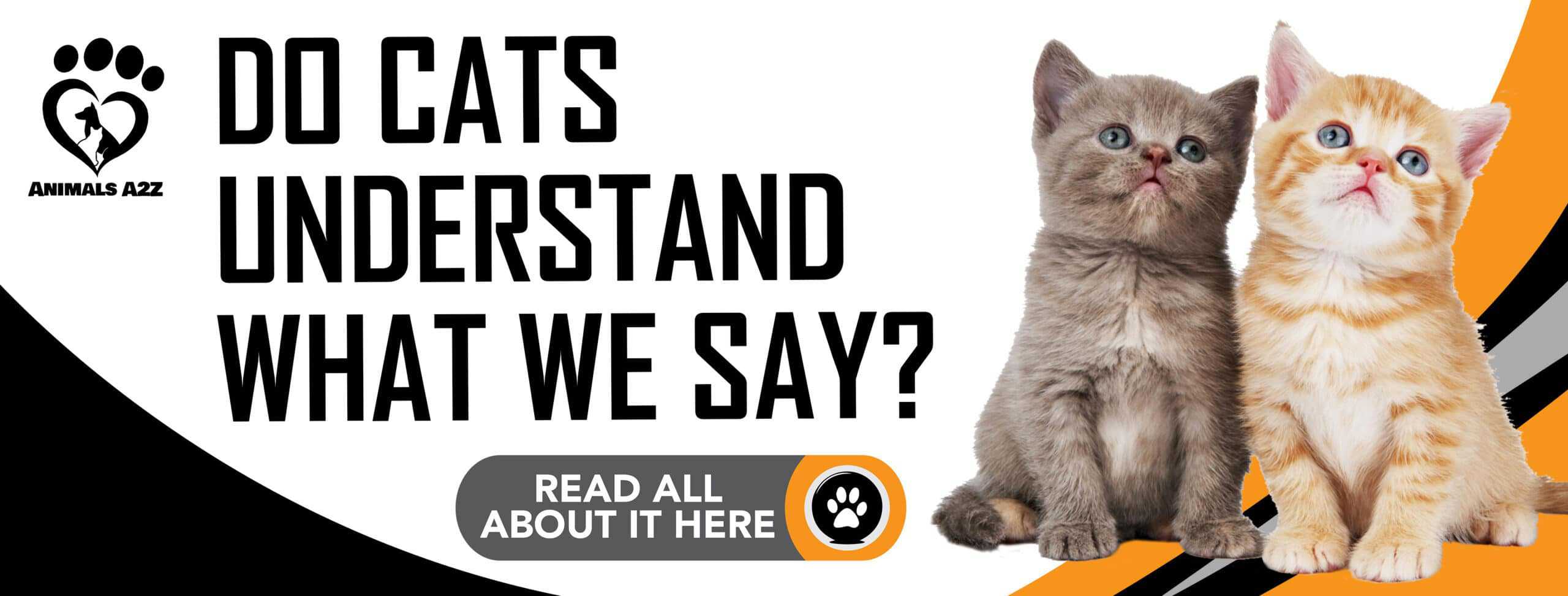People seem to perceive cats as uncaring and passive animals. Cats, according to some people, do not care about anything but food, sleep and space. However, some cat owners reported being comforted by their feline friends in times of distress.
So does your cat understand you? No, not the words but the tone and your bodylanguage can actually say a lot!
Table of Contents
The 10,000 years of love affair between humans and cats
According to an article written by National Geographic, cats have been with humans for 10,000 years. So, how long exactly and where?
➢ 4400 BC (Fertile Crescent)
Cats started hanging around farming communities in the Fertile Crescent then humans used cats to hunt rodents and kill insects, in return, humans provided a warm home and food for the cats
➢ Egypt
An archeological dig in Egypt showed that humans valued their cats so much that they created a cat cemetery for them. Scientists found a cat cemetery in Beni-Hassan with 300,000 cat mummies, yes, same mummification process like that of humans. Egyptian deities wore sculpted cat-like heads such as Mafdet, Bastet and Sekhmet where they represent fertility, justice and power.
➢ Ancient Rome
Cats were seen as a symbol of liberty for Ancient Romans. They were valued for protecting scrolls and manuscripts from rodents.
So as you can see, cats have been side by side with humans for so long. Understanding our cues, tempers and moods is very possible.
Cats’ discrimintation of human emotion cues by Galvan and Vonk
A study conducted by Moriah Galvan and Jennifer Vonk of Oakland University in Rochester, Michigan, US showed that cats can actually read their human’s facial expressions. They respond differently to different facial expressions by their owners. Galvan and Vonk’s study showed that “although the cats did not appear to alter their approach to their owner based on the emotion condition, they did alter their overall behavior by responding more positively to their owner in the happy condition.”
The research showed that cats prefer positive emotion in humans where they observed this emotion conveyed by their humans. One of the things that contributed to this was the longevity of the relationship between the cat and the owner. Galvan and Vonk added that the cats may alter their overall behavior based on the facial cues displayed by their owners.
Your cat’s love language: kneads, rubs and everything nice
So it’s settled, cats prefer to see humans happy because that is an emotion that they see through facial expressions. But there is still a question whether cats are just passive and uncaring. However, cats are not humans. They do not display the same love language like humans do. Below are the things you should know to figure your cat’s love language:
1. Purr, purr, meow, meow
Do you know that cats do not meow to other cats? Cats adapted meowing as a way to communicate to humans. If you go into another room and your cat follows behind and meows incessantly at you, s/he’s trying to let you know that s/he needs attention and wants to play with you. Purring is the highest form of love language for cats. If your cat purrs at you while you are playing with him/her, it means she is filled with happiness and satisfaction.
According to Sussane Schotz, Professor of Phonetic from Lund University, cats develop their own accents depending on their human’s manner of talking. Talk about posh!
2. Kneading
Cats are cute, that is a given. But have you seen a cat kneading? Heart warmingly good! Cats like to cuddle, stretch their limbs and proceed to knead their humans. According to cat behaviorists, kittens would knead their moms’ bosoms while nursing. They hypothesized that adult cats used kneading to tell their humans that they are happy, well fed and satisfied. So kneading is not just a gesture, it’s an act of love!
3. Everyday is gift giving day
When your cat decides to give you his hunt for the day, you may now cry. This is their ultimate gesture to tell you that you are loved (no matter how gross the gift is). Cats are predators, it is natural for them to hunt. In the wild, cats would give their loot to their kittens to teach them how to eat it. This may also mean that the cat has found a safe place for his/her food. Cats are pack animals, meaning they share their bounty with their family.
Common Questions:
Do cats love humans?
Cats may not understand fully human emotions, but they prefer to see their humans happy because it is one human cue that they understand. Also, cats have different ways to show affection. No matter how, cats definitely are strongly attached to their respective humans.
Why do cats like to sleep with their owners?
Cats feel a sense of security when they feel “at home.” When cats sleep with their owners, it means that they trust their owners. According to a blog called Pet Sitters Ireland, “while your cat does trust you they also want to keep warm and they love the heat from their humans. They also love your duvet and blanket that provide extra warmth. Your cat loves that you are a human hot water bottle for them.”
Do cats recognize their owners?
Cats recognize their owners through scents and hearing. According to cat behaviorists, they recognize and know their owners through observing them and familiarizing their scents and voice. A clog called Petfinder reported that cats can tell the difference between their housemates. Felines definitely know who is feeding them.


